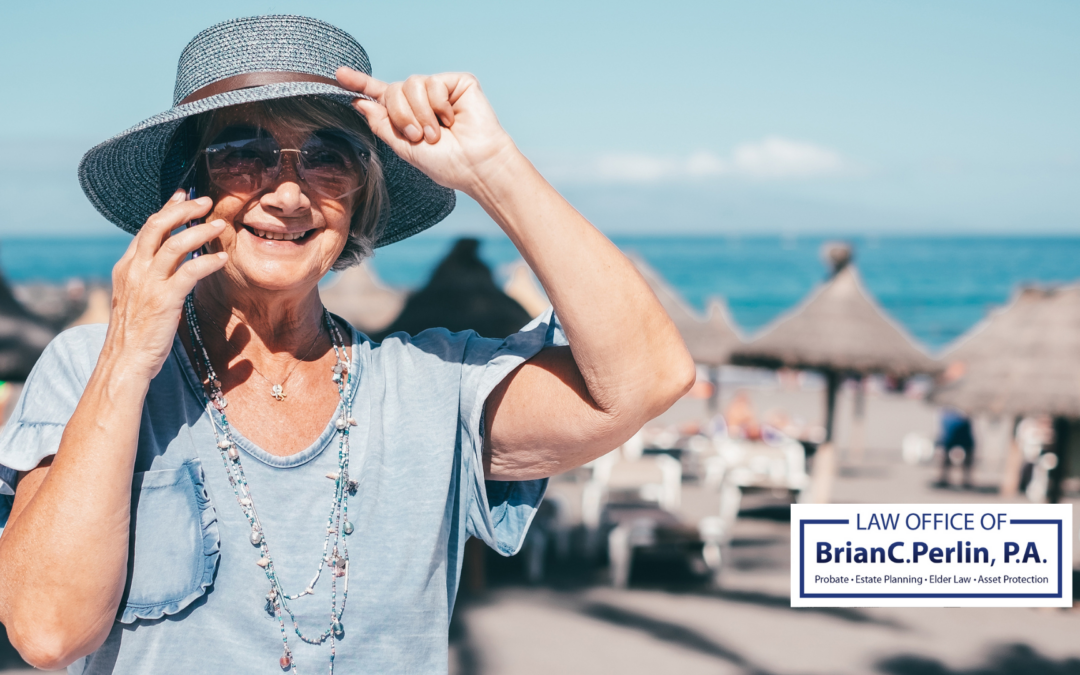Summer is here! The days are longer, so there is more time to be with family and friends, have cookouts, and lots of time at the pool! However, we need to be on the alert for the extremely high temperatures during the summer and the effects they may have on us and our loved ones.
Nowhere does this hold more true than with our elder population. We must keep our elders protected from the high heat temperatures. Keeping them safe during the summer months is crucial as they may be more vulnerable to heat-related illnesses. What can we do to help them so they can still enjoy the summertime with family? Let us share seven heat-beating tips for you right here in our article.
- Keep hydrated. Always encourage your elders to drink plenty of fluids, even if they do not feel thirsty. Offer water, fruit juices, and electrolyte-rich drinks. Avoid excessive caffeine and alcohol intake, as they can contribute to dehydration.
- Keep cool. Be sure that elders have access to air conditioning or fans to keep their living space cool. If they do not have air conditioning, suggest visiting public places with air conditioning, such as shopping malls or community centers, during the hottest parts of the day.
- Wear appropriate clothing. Make sure that seniors have loose, lightweight clothing made of breathable fabrics like cotton to wear. Hats and sunglasses can also help protect them from the sun.
- Keep outdoor activities limited. Advise elders to try and always avoid being outdoors during the hottest hours of the day, typically between 10 a.m. and 4 p.m. Encourage them to schedule outdoor activities in the morning or evening when temperatures are cooler.
- Know and watch out for signs of heat-related illnesses. Educate elders and their caregivers about the symptoms of heat exhaustion and heatstroke. These can include dizziness, confusion, rapid heartbeat, headache, nausea, and fainting. If any symptoms occur, it is important to seek medical attention immediately.
- Be sure to stay connected. Have a daily check in time with elders, especially those who live alone. Be sure they have a way to contact someone in case of an emergency and provide them with important phone numbers, such as their healthcare provider and local emergency services.
- Always be sure Florida advance directives and Florida estate planning is current. Who will act for the elder if he or she is incapacitated or if there is a crisis? Does this person know he or she has been nominated to serve in this role? Can he or she do it? Is there a Florida estate plan in place or is it time to complete this critical task? A completed Florida estate plan can play a vital role in ensuring the safety and well-being of elders during the summertime and throughout the year.
We know this article may raise more questions than it answers. At the Perlin Estate Planning & Probate our credentials enable us to provide a multi-disciplinary approach to our legal services. By building relationships with our clients, we are also able to understand each client’s needs and desires, and we support such goals through thoughtful, comprehensive planning techniques. We encourage you to contact us and schedule a meeting.
